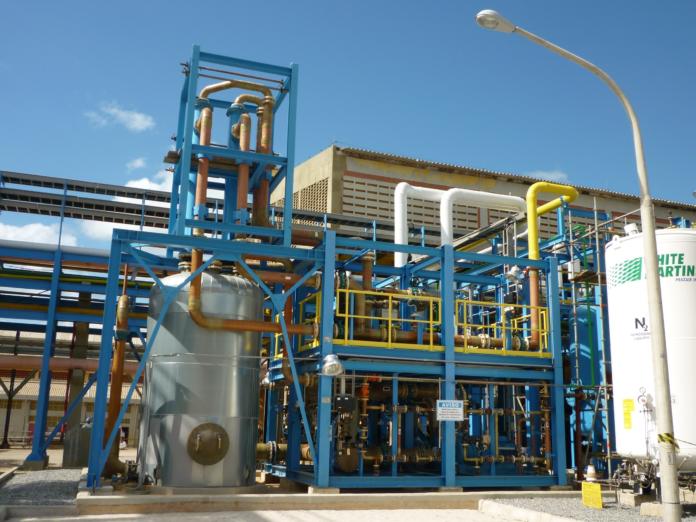The South African lockdown will help flatten the curve as a result of social distancing. As COVID-19 is extremely contagious, the right cleaning agents and sanitisers will play an extremely important role in the next months and possibly years to come.
Hypochlorite is the active ingredient in bleach which has a concentration of 3.5% hypochlorite. According to World Health Organisation, a 0.5% hypochlorite solution is recommended to disenfect surfaces potentially containing COVID-19. The contact time is in the order of a minute, depending on hypochlorite brand. To make a 0.5% hypochlorite solution, it is necessary to dilute the bleach 7 times. This is as good as the alcohols used in hand sanitisers.
If bleach (e.g.JIK) is diluted 7 times by the end user, it is safe to use in homes and hospitals for cleaning surfaces with the right Personal Protective Equipment (PPE) to effectively kill the virus. In Wuhan (China) and Milan (Italy), they are spraying streets with this 0.5% hypochlorite solution and many other countries are following suit. Concentrated hypochlorite has a limited shelf life and logistic timing has to be considered.
Hypochlorite demand
The demand of hypochlorite has increased significanlty in China and Europe due to the fight against COVID-19.
Hypochlorite is made by reacting chlorine with caustic soda. Chlorine and caustic are made using chlor-alkali electrolysers supplied by a pure salt solution and electricity. tkIS supplies chlor-alkali electrolyers in 45 ton per day and 10 to 20 ton per day modular units, as well as custom designed to required sizes. To ensure South Africa is prepared in the next weeks, tkISSA has contacted both Sasol Polymers and National Chemical Products Chlor-Alkali plants to give a heads up on the expected hypochlorite demand. Sasol Polymers operates tkUCE (thyssenkrupp Uhde Chlorine Engineer) GEN 4 BM and n‑BITAC Chlor-Alkali electrolysers.
tkUCE Italia in joint co-operation with tkISSA were awarded a contract in 2018 for a 45 tpd chlor-alkali plant in Tanzania. The modules have been delivered and the plant is under construction. For the countries in Africa, they will need to source hypochlorite from SA or North Africa or countries outside Africa.
In some African countries the normal demand for chlorine, hypochlorite, hydrochloric acid and caustic is much lower. The 10‑20 tpd modular Chlor-Alkali plant is better suited and being considered.
In Holland soon after the first person was detected with Corona in February, the Corona virus was picked up in waste water treatment plants. “Cranefield University UK are working on a new test to detect COVID-19 in the wastewater of communities infected with the virus. This will help to determine whether there are potential COVID-19 carriers in local areas”. (ref.https://smartwatermagazine.com/news/cranfield-university/wastewater-test-could-provide-early-warning-covid-19) As the waste water in South Africa goes into our rivers, it is adviseable that good chlorine residual is also maintained in drinking water to ensure there are no pathogens.
Alcohol demand
Isopropyl alcohol (IPA), n-Propanol and Ethanol are in great demand for hand sanitisers and cleaning agents. tkISSA has already had discussions with Sasol Management on what they see happening in the world and local SA market. Sasol have confirmed that they have geared up and already see increased demand.
tkISSA designed and built the n-Propanol and High Purity Ethanol plants in Secunda for Sasol. Many of the distributors take the alcohols and dilute to 70% and blend, hydrogen peroxide, glycerin, aloe vera and other products as moisturisers for the skin. In the absence of the alcohol sanitisers diluted hypochlorite can be used, but is harsh on the skin.
tkISSA are proud to say, that they have contributed to the plants producing chemicals in SA that help to contain the spread of Corona virus.
